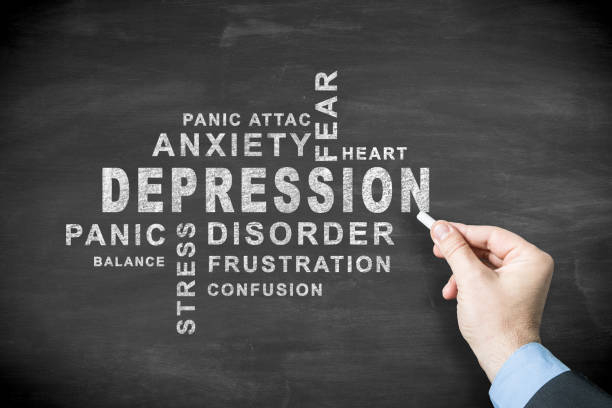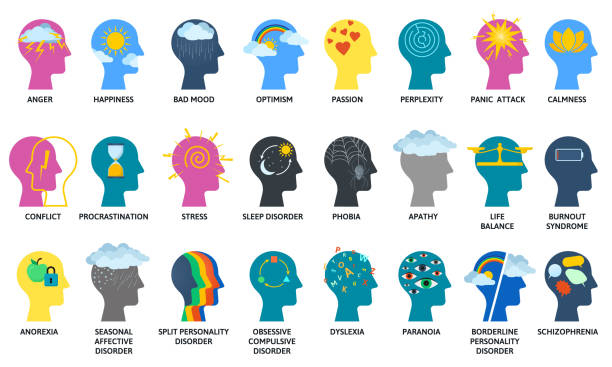Schizophrenia occurs randomly and equally across all populations.
Believe it or not, there are a variety of apparently unrelated variables linked to the development of schizophrenia. Growing up in a city is related with a twofold increase in the chance of getting schizophrenia. Furthermore, the age of one's father during conception is associated to the likelihood of acquiring the disease. Intriguingly, the season of one's birth may also influence the risk of schizophrenia: people born in late winter and early spring are more likely to acquire the condition than the rest of the population.
While none of the causative processes have been proven, a few ideas exist to explain each. Psychologists have hypothesized that variables such as pollution and increased exposure to social stress may contribute to the link between schizophrenia and urbanization. Furthermore, researchers have theorized that so-called de novo mutations, modifications in spermatogonial stem cell divisions that occur more frequently with age, are responsible for the increased risk of mental illnesses, including schizophrenia, in late fatherhood. Finally, studies have indicated that moms who get a virus while pregnant have children who are more likely to develop schizophrenia.
Although further study is needed, psychologists believe that the increased prevalence of schizophrenia in children born in late winter and early spring may be due to the close proximity to the flu season a few months earlier. The combination of these and other factors implies that the causation of schizophrenia is complicated and will require more research to completely understand.












